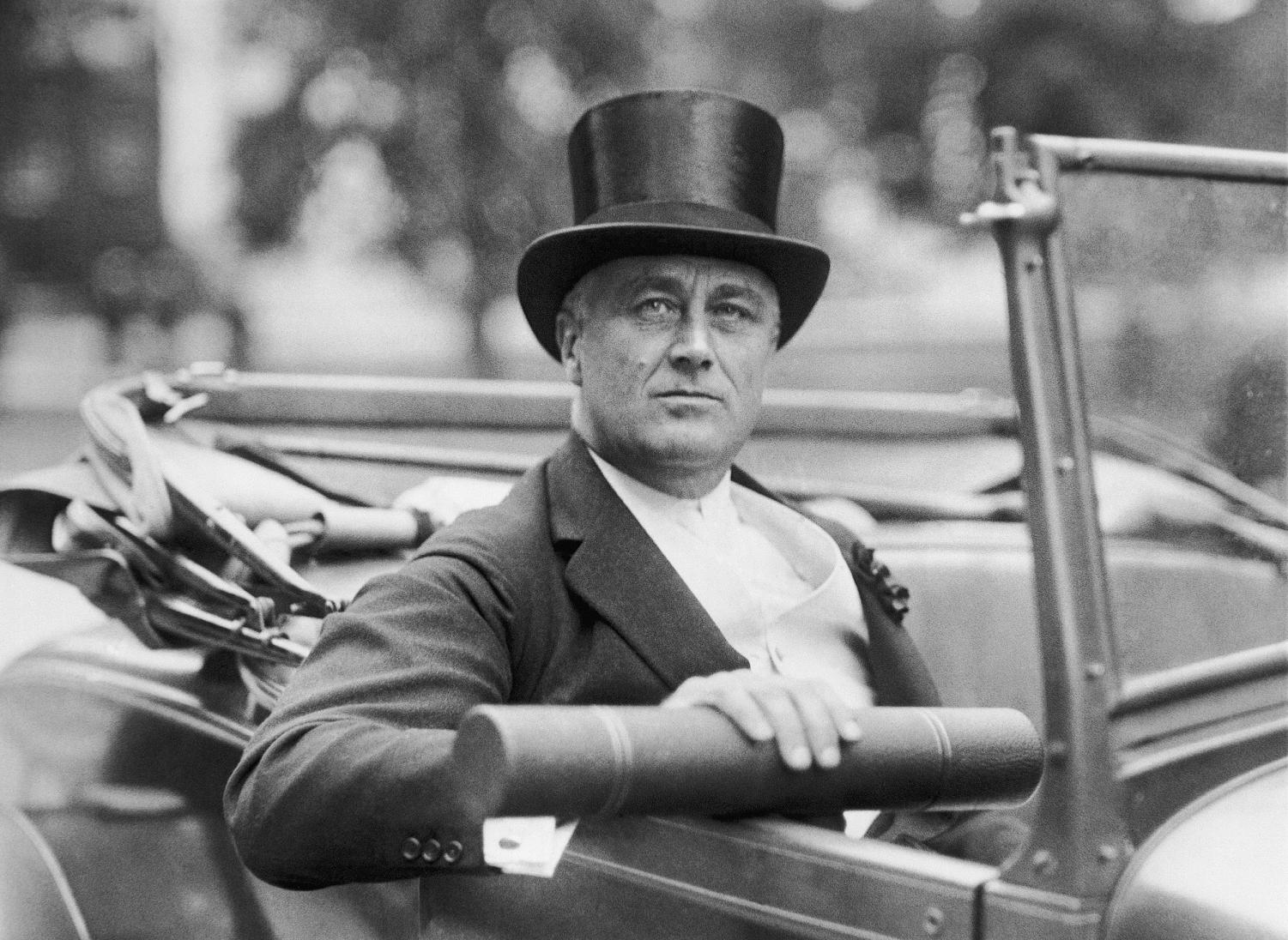At various points in their careers, historians often compile lists of the greatest presidents of all time. I am often interested by the similarities between these compilations. The top three slots are usually reserved for George Washington, Abraham Lincoln and Franklin Roosevelt. It is an odd trinity: one is called the “Father of His Country,” another “saved the Union,” and the third was perhaps the most legally transgressive president in American history.
A MAN ON A PEDESTAL
Jan. 30 would be Roosevelt’s 137th birthday. I thought I would use this as an opportunity to re-evaluate Roosevelt’s legacy. Roosevelt is remembered as the man who led the country through the Second World War and Great Depression. Still, no president has had his reputation more unjustly inflated and his blatant disregard of constitutional mores more systematically ignored than our 32nd. He was fortunate enough to be an immensely skilled politician during a very impressionable period. In the background of his glorified administration, Roosevelt’s policies led to constitutional crises and the oppression of minorities. These facts were overlooked in his lifetime, drowned out in the deafening roar of his popularity and, even today, Americans overlook his egregious actions, choosing instead to focus on an inflated notion of his leadership skills.
In his uniquely long tenure as president, Roosevelt stretched and circumvented the Constitution more successfully than any other president. His time in office was the longest in presidential history. In running for his third of four terms, Roosevelt broke an unwritten rule on term limits which dated back to the time of Washington. It was only at his death in 1945 that he relinquished power. Partially out of horror at his unusually long career, the 22nd amendment to the Constitution was ratified in 1951, limiting the number of full terms a president could serve to two.
This was not the only time Roosevelt flaunted constitutional conventions to suit his purposes. Roosevelt’s response to the Great Depression was greater government oversight. He began passing “New Deal” legislation aimed at regulating the economy in ways his presidential forebears could have never imagined. As a result of this overstepping of authority, the Supreme Court began to check his power. In 1935, the Supreme Court ruled against the Roosevelt Administration three times in a single day, arguing that the New Deal was an unconstitutional restraint on business. As a result, Roosevelt attempted to “pack the court” by passing a bill allowing him to nominate one additional justice for every judge over the age of 70. This arbitrary suggestion was seen—even by his own vice president—as an obscene attempt to hurdle over the checks and balances placed on the presidency by the Constitution.
As president, it was Roosevelt’s responsibility to uphold the Fourteenth Amendment. This clause ensured that no citizen of the United States could suffer any law that “abridge[d] the privileges or immunities of citizens of the United States.” On the surface, Roosevelt has often been heralded as a man who improved race relations. Indeed, during his 12-year administration, he passed one important civil rights measure. The bulk of his actions, though, tell a different tale.
He declined to support an anti-lynching bill in Congress and nominated a former member of the Ku Klux Klan to the Supreme Court. After Jesse Owens, an African-American track and field star, broke three world records and won four gold medals in the 1933 Berlin Olympics, Roosevelt refused to congratulate him on his victory—something even Adolf Hitler did. As Owens later put it, “Hitler didn’t snub me—it was [Roosevelt] who snubbed me. The president didn’t even send me a telegram.” Most disturbingly, it was Roosevelt who signed Executive Order 9066 which arrested 120,000 Americans citizens of Japanese descent and forcibly “resettled” them in isolated internment camps for the duration of the war. This executive order was among the most egregious violations of the fourteenth amendment in the twentieth century.
TIME FOR A SECOND LOOK
Roosevelt’s leadership during a turbulent time has earned some partially-deserved praise. However, several modern Roosevelt supporters concede the president’s many shortcomings: the injustice of Japanese internment, his unfortunate record on civil rights and his uneasy relationship to the Constitution. This growing list of oversteps and dwindling list of successes have some wondering why we still venerate Roosevelt at all. History is about taking a sober look at the past, and, if necessary, tearing down heroes who are unworthy. It is why I invite you, on the birthday of our 32nd president, to join me in “ditching the dime.”







